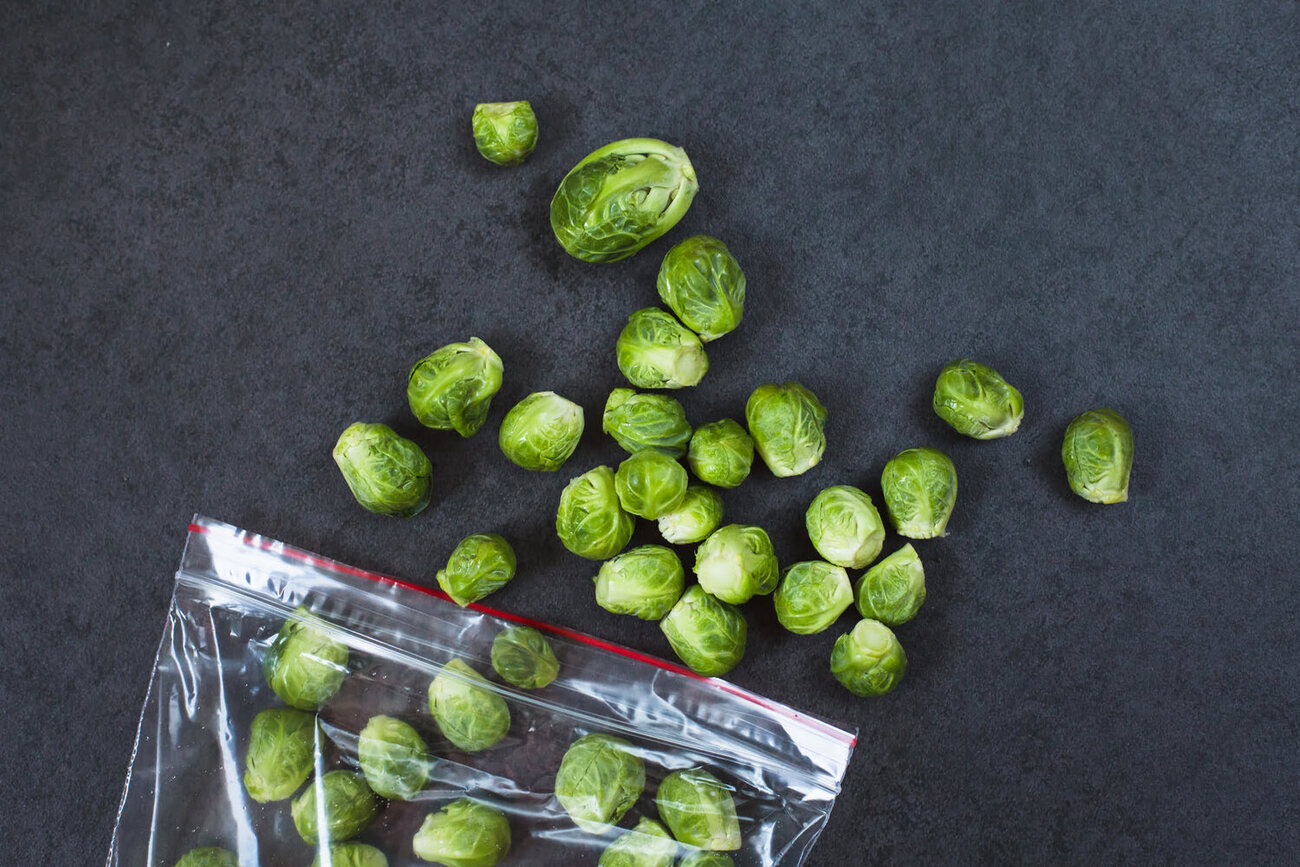

Articles
How To Store Brussel Sprouts
Modified: February 23, 2024
Discover the best way to store Brussels sprouts with our helpful articles. Keep your Brussels sprouts fresh and delicious for longer!
(Many of the links in this article redirect to a specific reviewed product. Your purchase of these products through affiliate links helps to generate commission for Storables.com, at no extra cost. Learn more)
Introduction
Brussel sprouts are a nutritious and delicious vegetable that can be enjoyed in various dishes. However, if you have an abundance of Brussel sprouts or simply want to extend their shelf life, knowing how to store them properly is essential. Proper storage can help maintain the freshness, flavor, and nutritional value of Brussel sprouts, ensuring that you can enjoy them for longer periods.
In this article, we will explore different methods and techniques for storing Brussel sprouts. We will discuss the benefits of storing Brussel sprouts, how to choose fresh ones, and various storage options such as refrigeration, freezing, and pantry storage. Additionally, we will provide tips to help you extend the shelf life of your Brussel sprouts.
By following these guidelines, you can ensure that your Brussel sprouts stay fresh and flavorful for as long as possible, allowing you to enjoy their nutritional benefits in your favorite recipes throughout the year.
Key Takeaways:
- Properly storing Brussel sprouts preserves freshness, saves money, and reduces food waste. Choose fresh sprouts, prepare them carefully, and utilize refrigeration or freezing for extended enjoyment.
- Selecting, preparing, and storing Brussel sprouts with care ensures year-round availability and optimal flavor. Follow storage guidelines to maximize freshness, nutritional value, and meal planning convenience.
Read more: How To Store Brussel Sprouts In The Fridge
Benefits of Storing Brussel Sprouts
Properly storing Brussel sprouts not only helps to extend their shelf life but also offers a host of other benefits. Here are a few key advantages of storing Brussel sprouts:
- Preserving Freshness: Brussel sprouts are at their best when they are fresh. By storing them properly, you can preserve their freshness and crisp texture. This ensures that they retain their vibrant green color and maintain their natural flavor.
- Availability Year-Round: Storing Brussel sprouts allows you to enjoy this delicious vegetable even when it is out of season. By freezing or canning them, you can keep a stock of Brussel sprouts in your pantry or freezer, ensuring a ready supply throughout the year.
- Cost Savings: Buying Brussel sprouts in bulk when they are in season and storing them can help you save money. You can take advantage of lower prices and avoid fluctuations in prices when the vegetable is not in season.
- Nutritional Value: Brussel sprouts are packed with essential nutrients, including vitamins C, K, and A, fiber, and antioxidants. Storing them properly helps to preserve these nutrients, ensuring that you can enjoy their health benefits even after an extended period of time.
- Meal Planning Convenience: By storing Brussel sprouts, you can plan your meals more efficiently. Having a stash of frozen or canned Brussel sprouts on hand allows you to easily incorporate them into your favorite recipes without worrying about last-minute grocery shopping.
- Reducing Food Waste: Proper storage of Brussel sprouts helps minimize food waste. By extending their shelf life, you can avoid spoilage and maximize the use of this nutritious vegetable, reducing both your environmental impact and grocery expenses.
By taking advantage of these benefits, you can enjoy Brussel sprouts year-round while also saving money, reducing waste, and promoting a healthy lifestyle.
Choosing Fresh Brussel Sprouts
When it comes to storing Brussel sprouts, selecting fresh ones is crucial for optimal flavor and longevity. Here are some tips to help you choose the freshest Brussel sprouts:
- Look for firm and compact sprouts: Choose Brussel sprouts that feel firm to the touch. Avoid those with a soft or mushy texture, as they may indicate spoilage.
- Check the color: Freshest Brussel sprouts have a vibrant green color. Avoid sprouts that are yellowing, as this may indicate that they are past their prime.
- Inspect the leaves: Examine the outer leaves of the sprouts. They should be tightly wrapped around the central core. Avoid sprouts with loose or wilted leaves.
- Avoid sprouts with browning or spots: Look for Brussel sprouts that are free from brown spots or discoloration. These blemishes can be a sign of age or damage.
- Choose small to medium-sized sprouts: Smaller to medium-sized Brussel sprouts tend to have a sweeter flavor and a more tender texture. They are also easier to store and cook evenly.
- Consider buying on the stalk: If available, purchasing Brussel sprouts still attached to the stalk can be a great option. This ensures freshness as the sprouts are still connected to the plant, and they will often last longer than loose sprouts.
Remember, the freshness of Brussel sprouts is key to their taste and longevity. By carefully selecting fresh sprouts, you can set the stage for successful storage and enjoy the best flavor and texture in your dishes.
Preparing Brussel Sprouts for Storage
Before storing Brussel sprouts, it’s important to properly prepare them to ensure optimal freshness and longevity. Here are some steps to follow when preparing Brussel sprouts for storage:
- Remove any damaged or wilted leaves: Start by inspecting each Brussel sprout and removing any leaves that are browning, wilted, or damaged. This helps to prevent any potential spoilage and keeps your sprouts in better condition.
- Trim the stems: Using a sharp knife, trim about ¼ inch off the stems of the Brussel sprouts. This helps to freshen up the cut ends and promote better storage.
- Wash the sprouts: Rinse the Brussel sprouts under cold water to remove any dirt or debris. Gently shake off excess water or pat them dry with a clean towel.
- Optional: Remove the outer leaves: If desired, you can remove the outer leaves of the sprouts before storage. This can help expose fresher leaves and improve storage longevity, especially if the outer leaves are damaged or wilted.
- Leave small sprouts whole: For smaller Brussel sprouts, it is best to leave them whole during storage. This helps to maintain their shape and prevent excess moisture loss.
- Cut larger sprouts in half: If you have larger Brussel sprouts, consider cutting them in half before storage. This helps to promote more even cooking and allows for easier thawing if you plan to freeze them.
Once you have prepared your Brussel sprouts, you can proceed to choose your desired storage method, whether it’s refrigeration, freezing, or pantry storage. Proper preparation ensures that your sprouts are in the best possible condition for the storage method you choose.
Storing Brussel Sprouts in the Refrigerator
The refrigerator is an ideal place to store Brussel sprouts if you plan to use them within a week or two. Follow these steps to store Brussel sprouts in the refrigerator:
- Wrap in paper towels: Take the prepared Brussel sprouts and gently wrap them in a few layers of paper towels. This helps to absorb excess moisture and prevent the sprouts from becoming damp, which can lead to spoilage.
- Place in a perforated plastic bag or airtight container: Once wrapped, transfer the Brussel sprouts to a perforated plastic bag or an airtight container. The perforations allow for proper air circulation, preventing moisture buildup and extending the shelf life of the sprouts.
- Store in the vegetable crisper: Locate the vegetable crisper drawer in your refrigerator and place the bag or container of Brussel sprouts inside. The cool, humid environment of the crisper drawer helps to maintain the freshness and crispness of the sprouts.
- Avoid overcrowding: Make sure not to pack the Brussel sprouts too tightly, as this can cause them to spoil more quickly. Leave some space for air circulation between the sprouts.
- Check regularly: It’s important to check on your Brussel sprouts every few days. Remove any sprouts that show signs of spoilage, such as discoloration or a foul odor, to prevent it from affecting the rest of the batch.
By following these steps, you can extend the shelf life of your Brussel sprouts in the refrigerator and enjoy their freshness for up to two weeks. Remember to keep an eye on them and use any sprouts showing signs of spoilage promptly to avoid any waste.
To store Brussels sprouts, place them unwashed in a perforated plastic bag in the refrigerator’s crisper drawer. They should stay fresh for up to a week.
Read more: How To Store Cut Brussel Sprouts
Blanching and Freezing Brussel Sprouts
If you have a surplus of Brussel sprouts and want to store them for an extended period, freezing is a great option. Freezing Brussel sprouts helps to preserve their flavor, texture, and nutritional value. Follow these steps to blanch and freeze Brussel sprouts:
- Prepare the sprouts: Start by washing and trimming the Brussel sprouts as mentioned earlier. Remove any damaged or wilted leaves and cut larger sprouts in half if desired.
- Blanch the sprouts: Bring a large pot of water to a boil and add the Brussel sprouts. Allow them to blanch for 3-5 minutes, depending on their size. Blanching helps to deactivate enzymes that can cause loss of color, texture, and flavor over time.
- Cool immediately: After blanching, transfer the sprouts to a bowl filled with ice water. This stops the cooking process and helps to retain their vibrant green color and crispness.
- Drain and pat dry: Once cooled, remove the Brussel sprouts from the ice water bath and drain them well. Pat them dry with a clean towel to remove any excess moisture.
- Package for freezing: Place the blanched and dried Brussel sprouts into freezer-safe containers or resealable plastic bags. Squeeze out as much air as possible before sealing the containers or bags to prevent freezer burn.
- Label and freeze: Use a marker to label the containers or bags with the date of freezing. Then, place them in the freezer, making sure to arrange them in a single layer initially. Once frozen, you can stack the containers or bags to save space.
By blanching and freezing Brussel sprouts, you can enjoy their freshness for up to 12 months. When you’re ready to use the frozen sprouts, simply thaw them in the refrigerator overnight before cooking. Freezing allows you to enjoy Brussel sprouts even when they are out of season, giving you the flexibility to incorporate them into your favorite recipes any time of the year.
Storing Brussel Sprouts in the Freezer
Freezing Brussel sprouts is an excellent way to preserve their freshness and enjoy them for an extended period. Follow these steps to store Brussel sprouts in the freezer:
- Prepare the sprouts: Wash, trim, and blanch the Brussel sprouts as mentioned earlier to ensure optimal quality.
- Flash freeze: Before packaging the sprouts for long-term storage, it’s a good idea to flash freeze them. Arrange the blanched and dried sprouts on a baking sheet in a single layer, ensuring they are not touching each other. Place the baking sheet in the freezer for about 1-2 hours, or until the sprouts are frozen solid.
- Package for freezing: Once the sprouts are flash frozen, transfer them to freezer-safe containers or resealable plastic bags. Remove as much air as possible from the packaging before sealing it tightly. It’s often recommended to use the “burrito method” for plastic bags – fold the bag over the sprouts, press out the air, and then seal it.
- Label and date: Using a marker, label each container or bag with the date of freezing. This will help you keep track of how long the sprouts have been in the freezer and ensure you use the oldest ones first.
- Store in the freezer: Place the labeled containers or bags in the freezer. Make sure to organize them in a way that allows for easy retrieval and to prevent crushing or damaging the sprouts.
Frozen Brussel sprouts can maintain their quality for up to 12 months when stored properly. Remember to thaw the frozen sprouts in the refrigerator before using them in your recipes. Freezing Brussel sprouts is an excellent way to have this delicious vegetable on hand whenever you need it, making meal preparation more convenient and enjoyable.
Storing Brussel Sprouts in the Pantry
While refrigeration and freezing are the most common methods for storing Brussel sprouts, certain conditions in your pantry can also be suitable for short-term storage. Here are some guidelines for storing Brussel sprouts in the pantry:
- Choose a cool and dark location: Find a cool and dark spot in your pantry that is away from direct sunlight and heat sources. Ideally, the temperature should be around 45-55°F (7-13°C).
- Leave them unwashed: Unlike when storing in the refrigerator, it’s best to leave the Brussel sprouts unwashed when storing them in the pantry. Washing them beforehand can increase the risk of moisture build-up and spoilage.
- Keep them in a breathable container: Instead of using airtight containers or bags, opt for a mesh or perforated container. This allows for proper air circulation and prevents moisture accumulation, which can lead to rotting.
- Check regularly for spoilage: Brussel sprouts stored in the pantry may have a shorter shelf life compared to those stored in the refrigerator. Therefore, it’s essential to check them regularly for any signs of spoilage, such as discoloration, mold, or a foul odor. Remove any sprouts showing signs of spoilage to prevent it from affecting the rest.
- Use within a few days: Brussel sprouts stored in the pantry should be consumed within a few days to ensure their freshness. Plan your meals accordingly and make sure to use them before they start to deteriorate.
Storing Brussel sprouts in the pantry is a convenient option if you plan to use them quickly. However, keep in mind that the shelf life may be shorter compared to refrigerated or frozen sprouts. If you have a large quantity of Brussel sprouts or want to store them for a more extended period, it’s recommended to use the fridge or freezer for optimal preservation.
Tips for Extending the Shelf Life of Brussel Sprouts
To maximize the freshness and shelf life of Brussel sprouts, follow these tips to ensure they stay as fresh as possible:
- Store unwashed: Avoid washing Brussel sprouts before storage. Moisture can promote spoilage, so it’s best to keep them unwashed until you’re ready to use them.
- Remove damaged or wilted leaves: Before storing, inspect the Brussel sprouts and remove any leaves that are brown, wilted, or damaged. This will help prevent the spread of spoilage and maintain the quality of the remaining sprouts.
- Use proper containers: Choose appropriate containers for storage. Perforated plastic bags, breathable containers, or airtight containers with ventilation holes are good options to allow proper air circulation without excess moisture buildup.
- Keep away from ethylene-producing fruits: Store Brussel sprouts away from fruits that produce ethylene gas, such as apples, bananas, and avocados. Ethylene can accelerate the ripening process and cause the sprouts to deteriorate more quickly.
- Don’t overcrowd: Avoid overcrowding the storage container or bag, as this can lead to compressed sprouts and increased moisture levels. Leave some space for air circulation, which helps to maintain freshness and prevent rot.
- Rotate and use in order: If you have multiple batches of Brussel sprouts, always use the older ones first. By practicing a first-in, first-out approach, you can ensure that none of the sprouts go to waste by using them before they spoil.
- Check regularly: Regularly inspect your stored Brussel sprouts for any signs of spoilage, such as discoloration, mold, or an unpleasant odor. Remove any affected sprouts immediately to prevent the spread of spoilage to others.
- Consider blanching and freezing: If you have a surplus of Brussel sprouts, blanching and freezing them can extend their shelf life for up to a year. This method is ideal for long-term storage and provides a convenient supply of Brussel sprouts throughout the year.
By following these tips, you can extend the shelf life of your Brussel sprouts and enjoy their freshness for longer periods. These simple practices will help maintain the quality, flavor, and nutritional value of the sprouts, ensuring that you can savor their delicious taste in various dishes.
Read more: How To Store Brussel Sprouts On The Stalk
Conclusion
Storing Brussel sprouts properly is essential for preserving their freshness, flavor, and nutritional value. Whether you choose to store them in the refrigerator, freezer, or pantry, following the right methods will ensure that you can enjoy this versatile vegetable for an extended period.
By selecting fresh Brussel sprouts and properly preparing them for storage, you can enhance their shelf life and minimize waste. Storing them in the refrigerator provides a convenient option for short-term storage, while blanching and freezing allows you to enjoy Brussel sprouts year-round.
When storing Brussel sprouts, remember to use suitable storage containers, monitor their condition regularly, and take advantage of proper labeling. This will help you keep track of their freshness and ensure that you use them in the right order.
Whether you’re looking to save money, reduce food waste, or simply have a supply of Brussel sprouts for your favorite recipes, proper storage techniques are essential. By implementing simple practices and following the tips provided in this article, you can prolong the shelf life of Brussel sprouts and savor their delicious taste for an extended time.
So, the next time you come across a batch of fresh Brussel sprouts, make sure to store them properly, and you’ll be able to enjoy their nutritional benefits and culinary versatility whenever you desire!
Frequently Asked Questions about How To Store Brussel Sprouts
Was this page helpful?
At Storables.com, we guarantee accurate and reliable information. Our content, validated by Expert Board Contributors, is crafted following stringent Editorial Policies. We're committed to providing you with well-researched, expert-backed insights for all your informational needs.
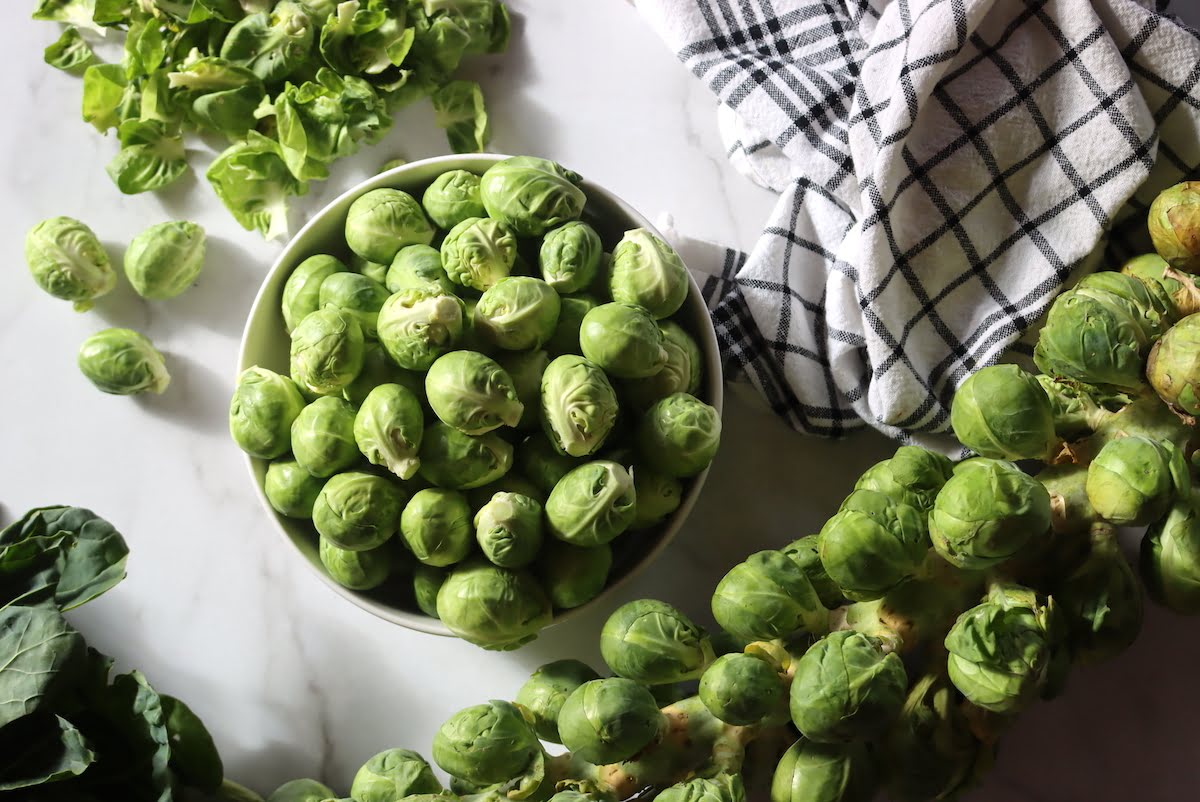
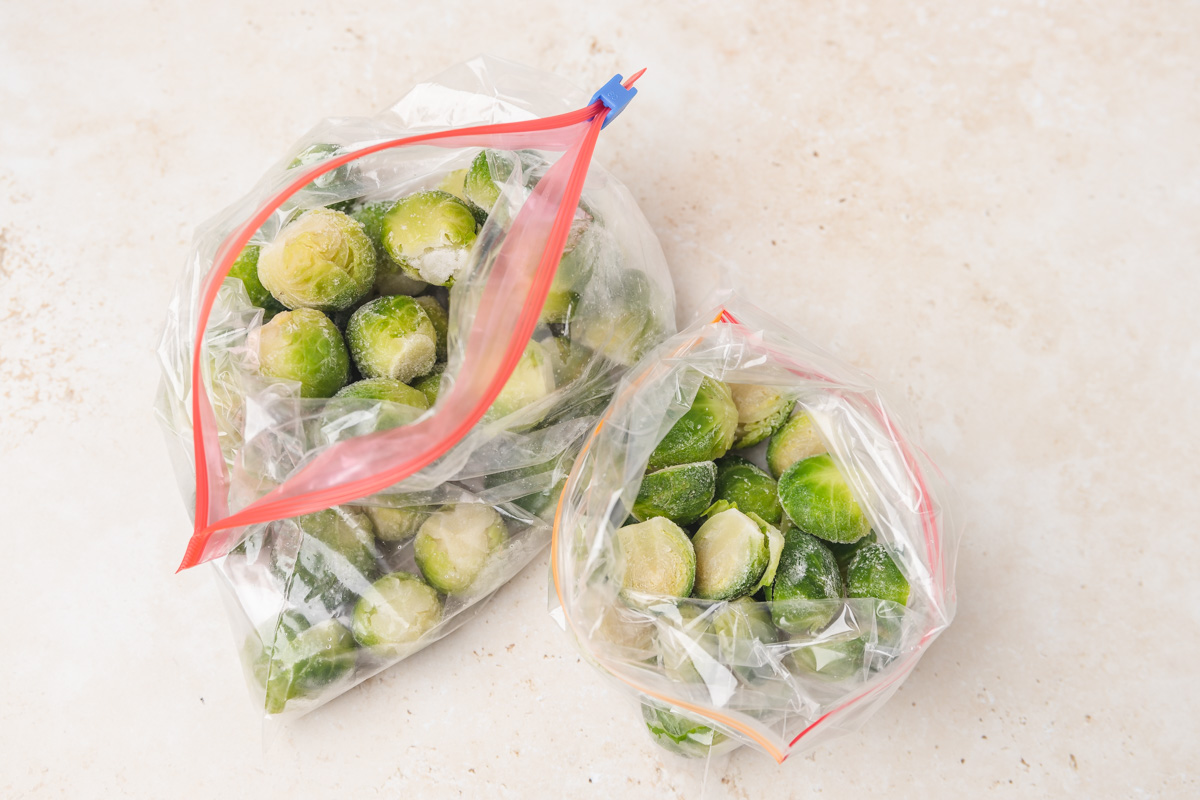
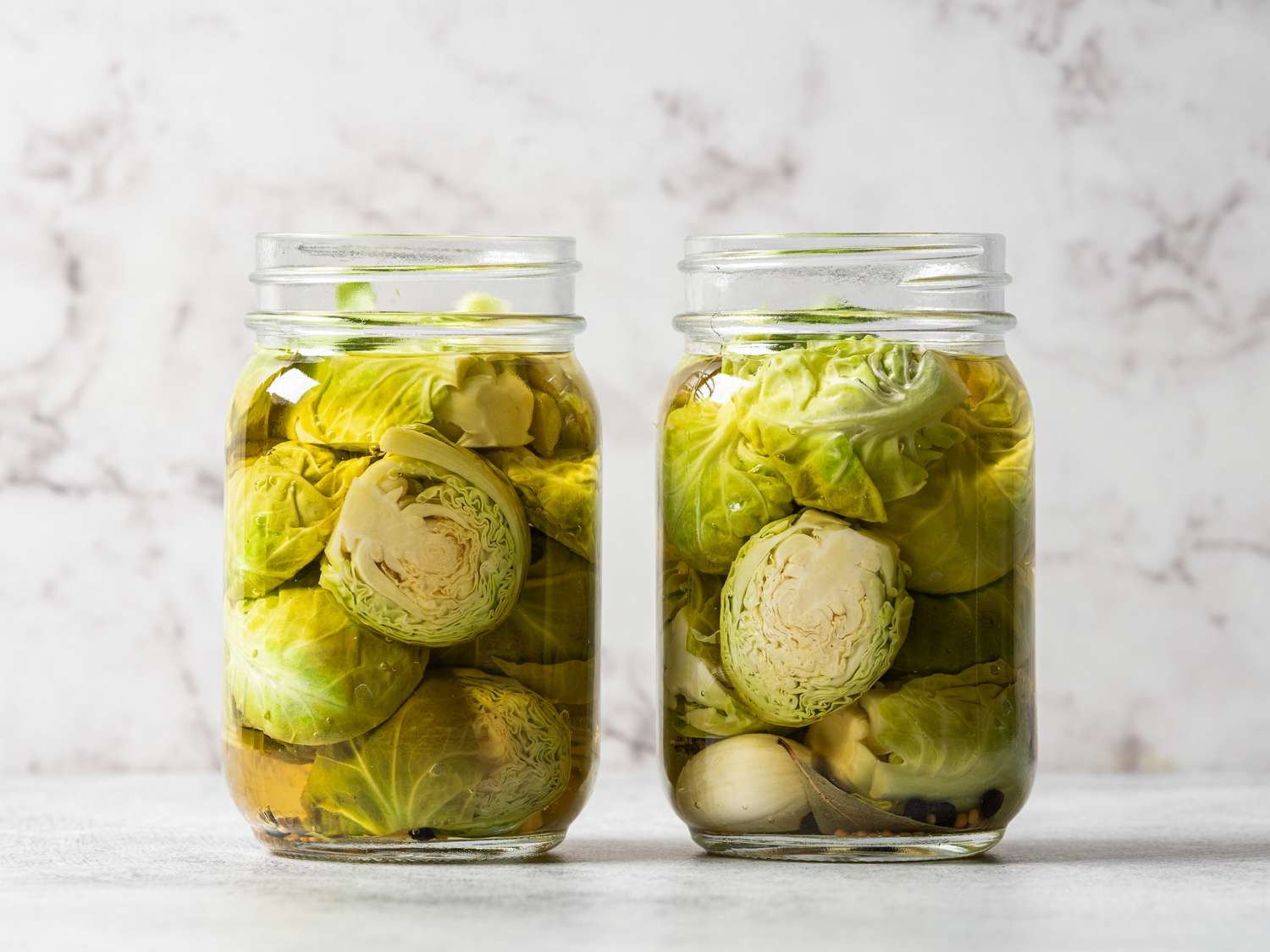
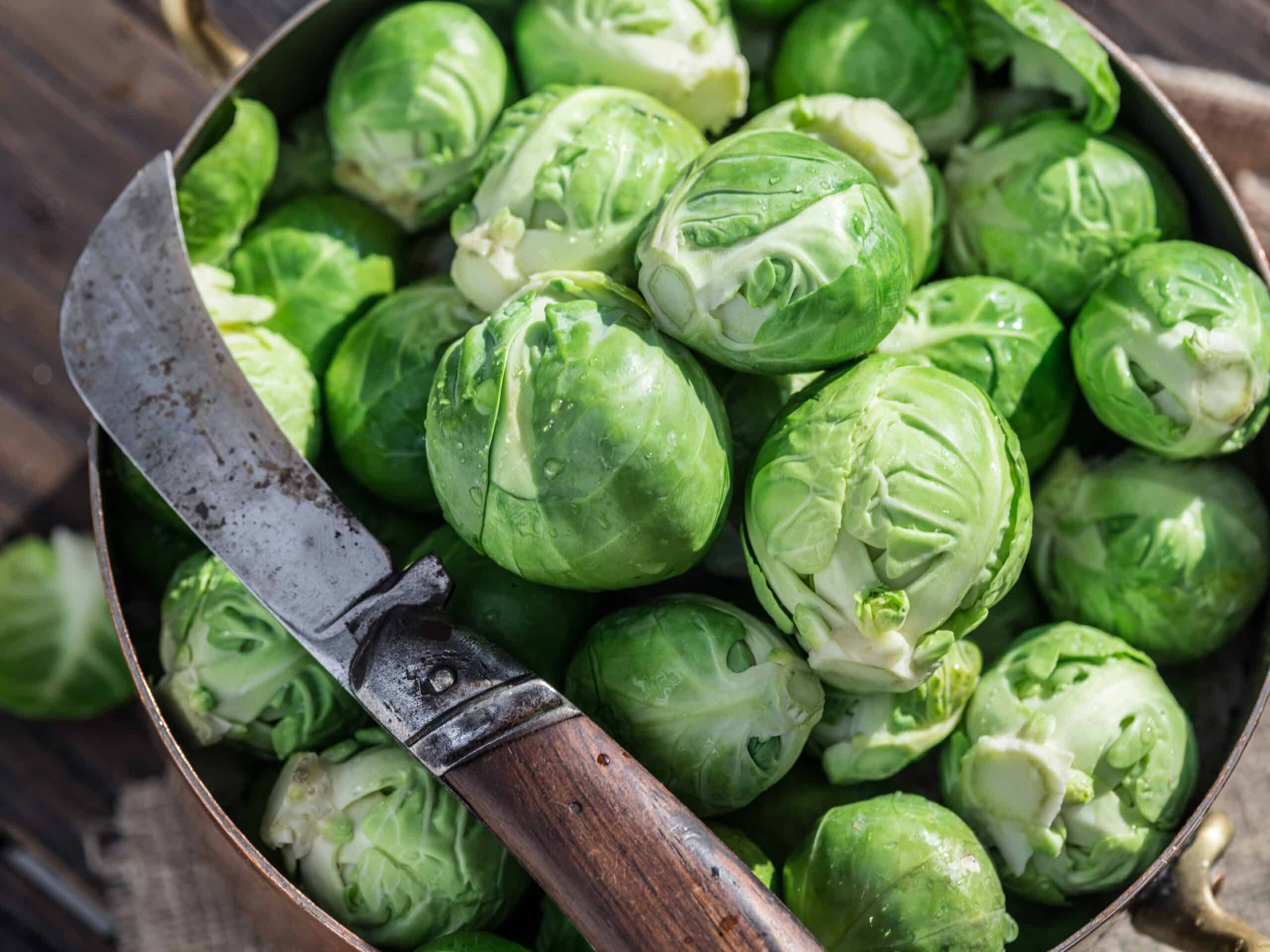
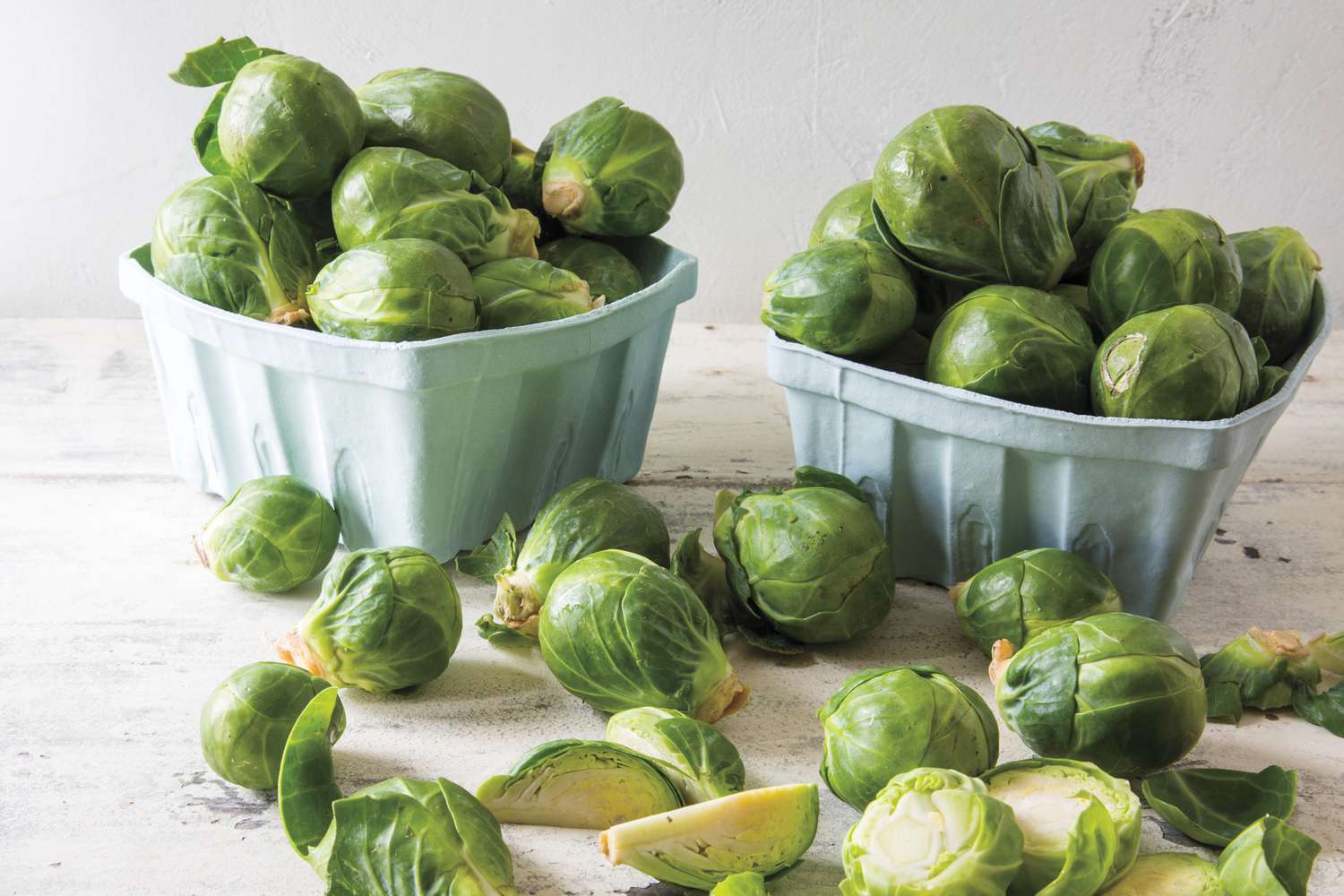
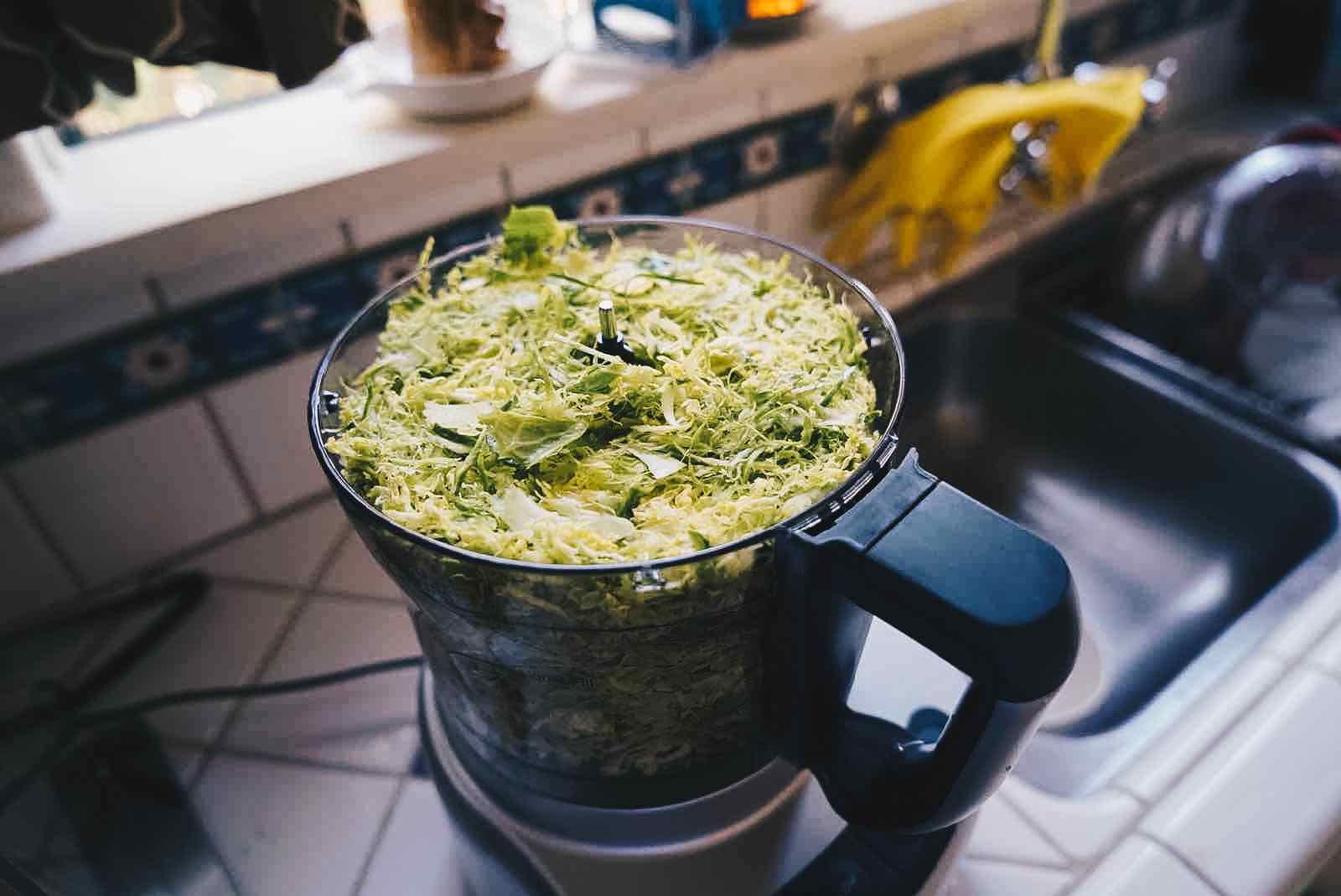
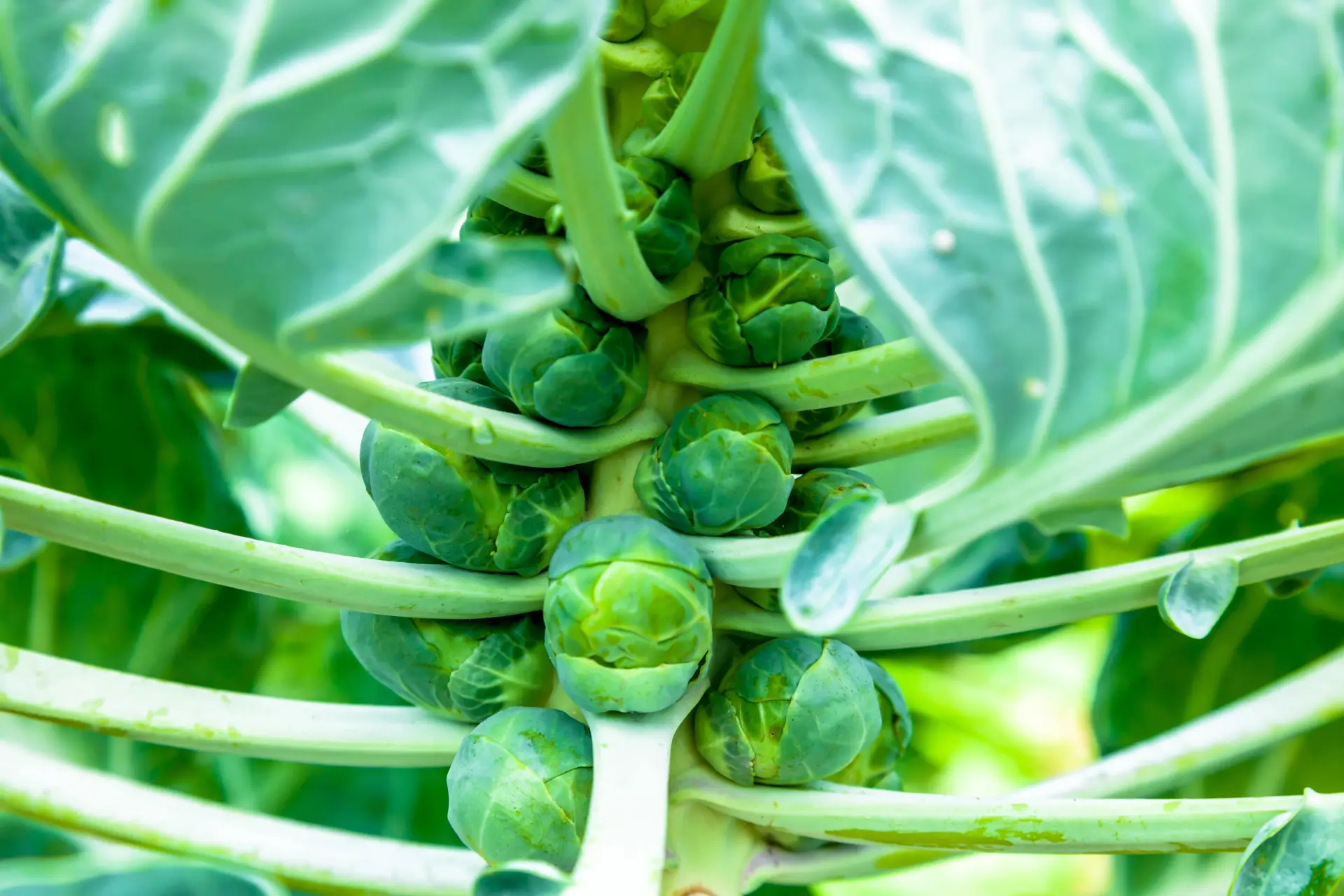
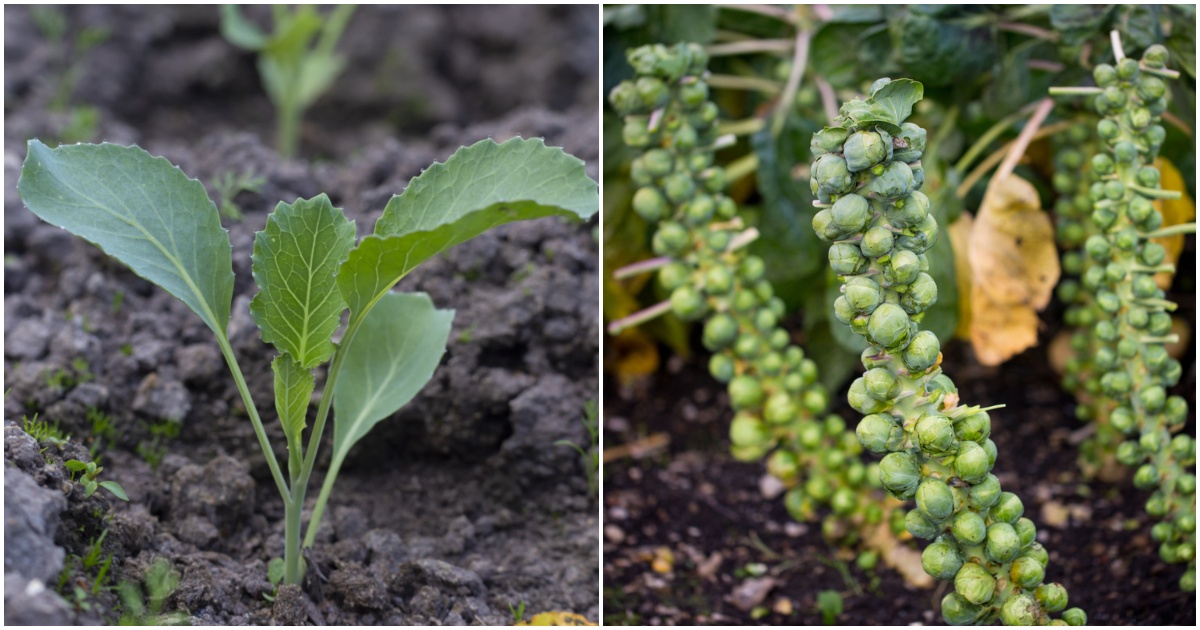
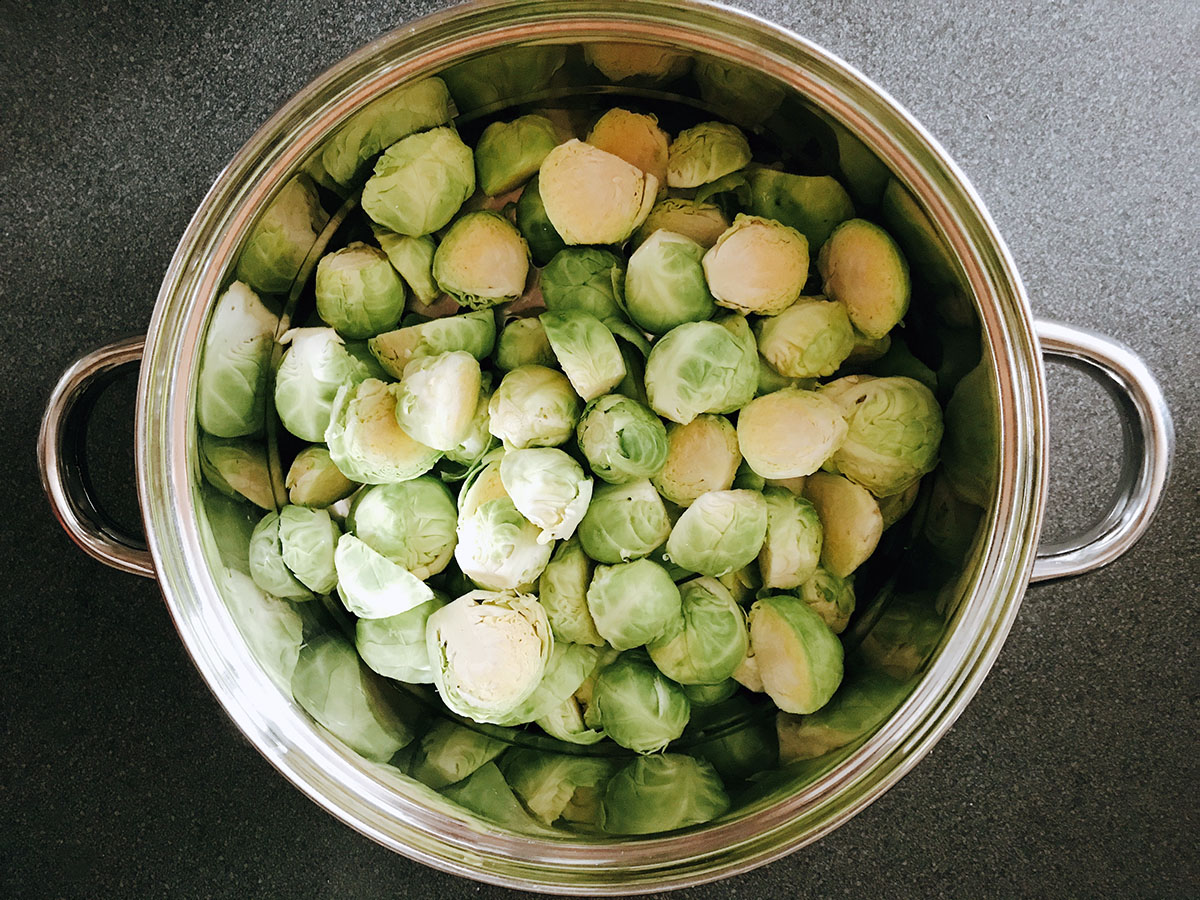
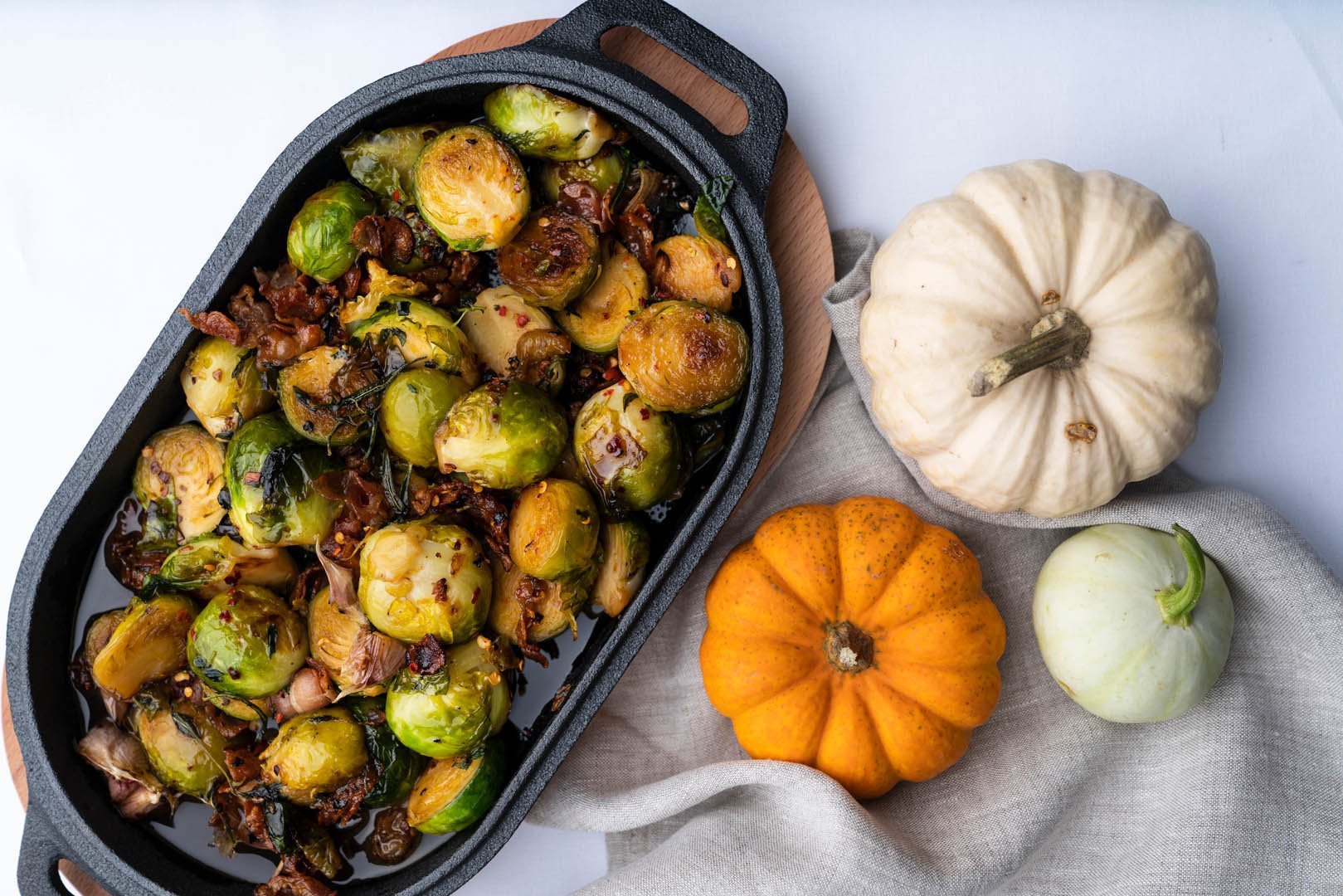
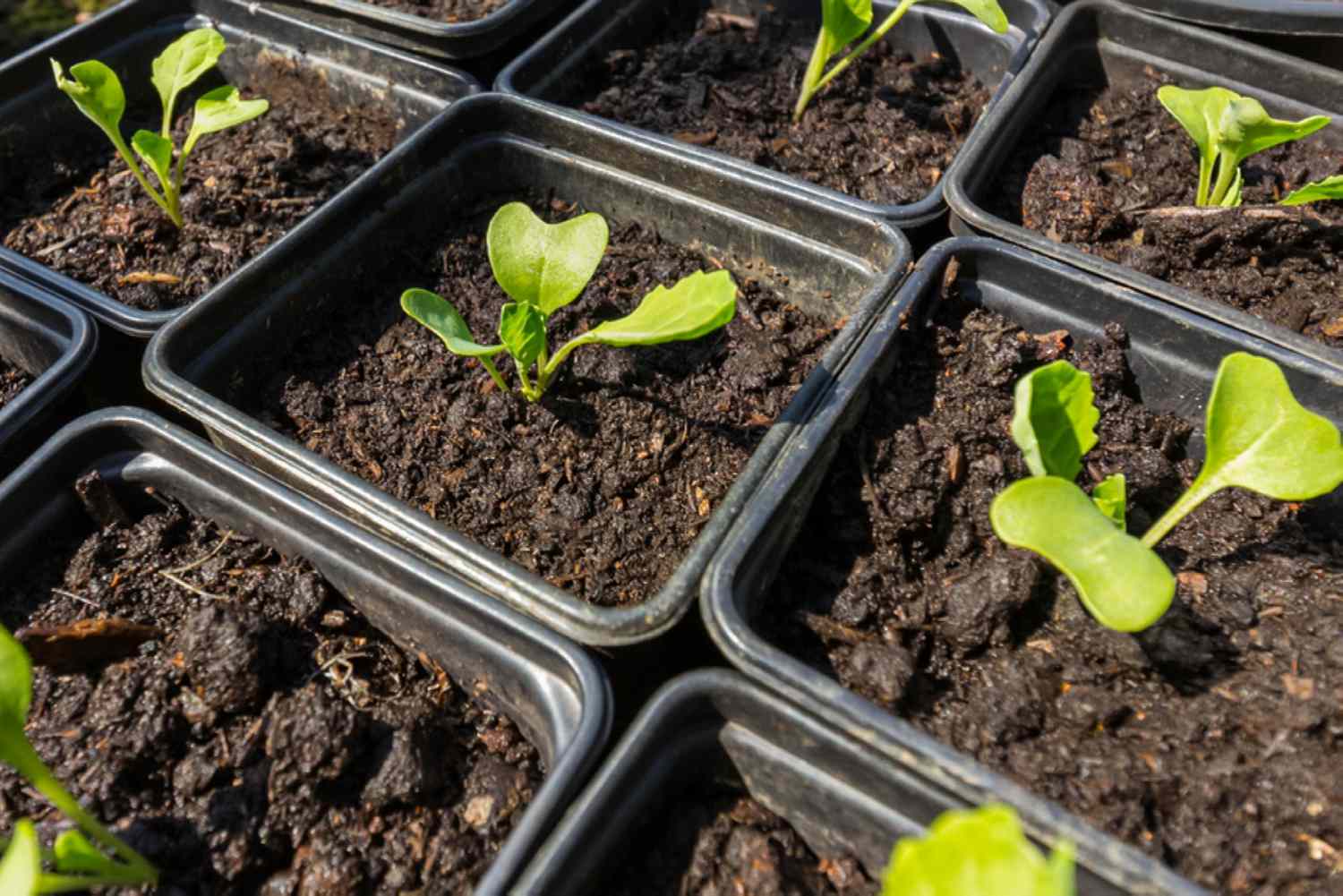
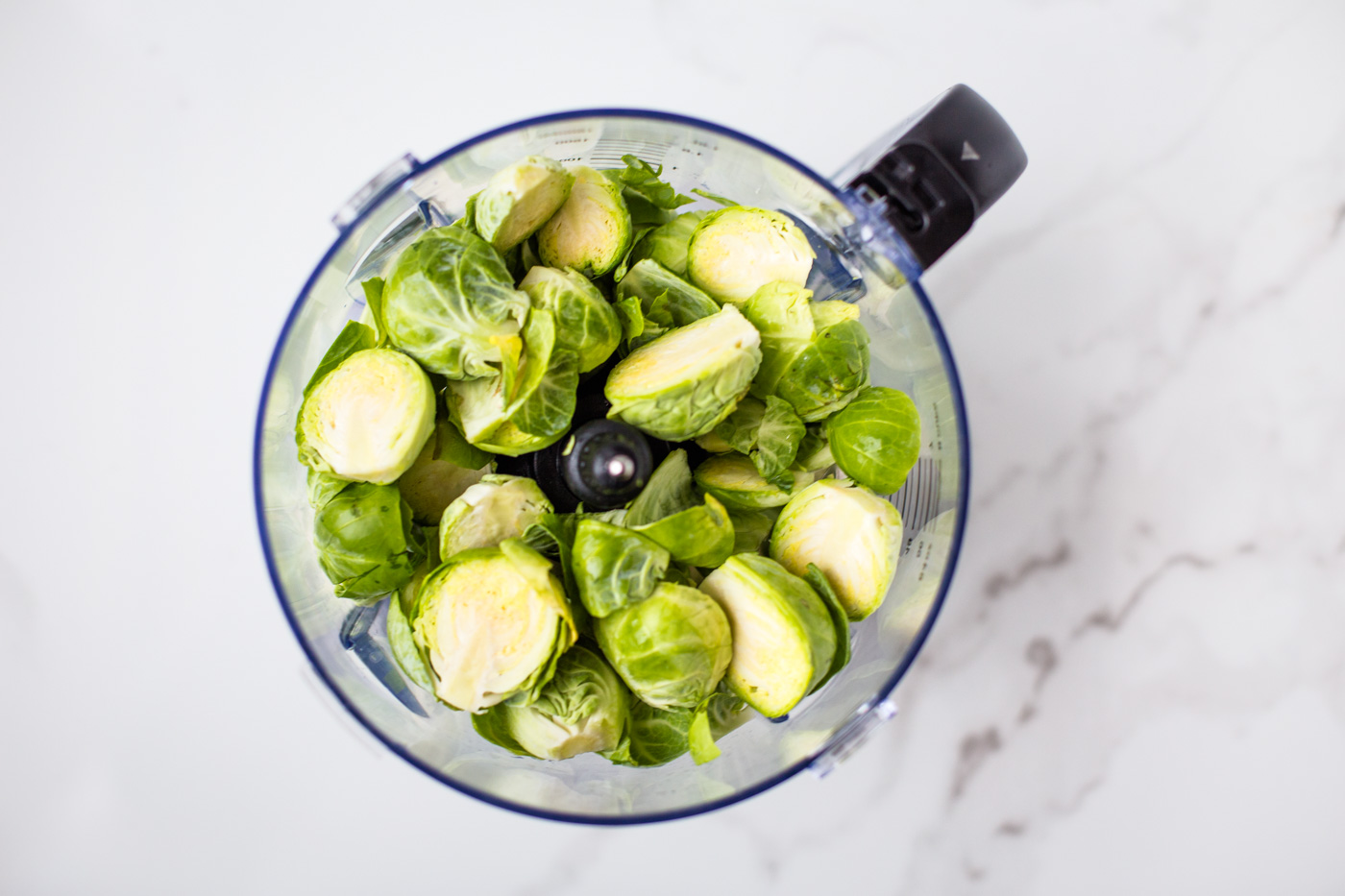
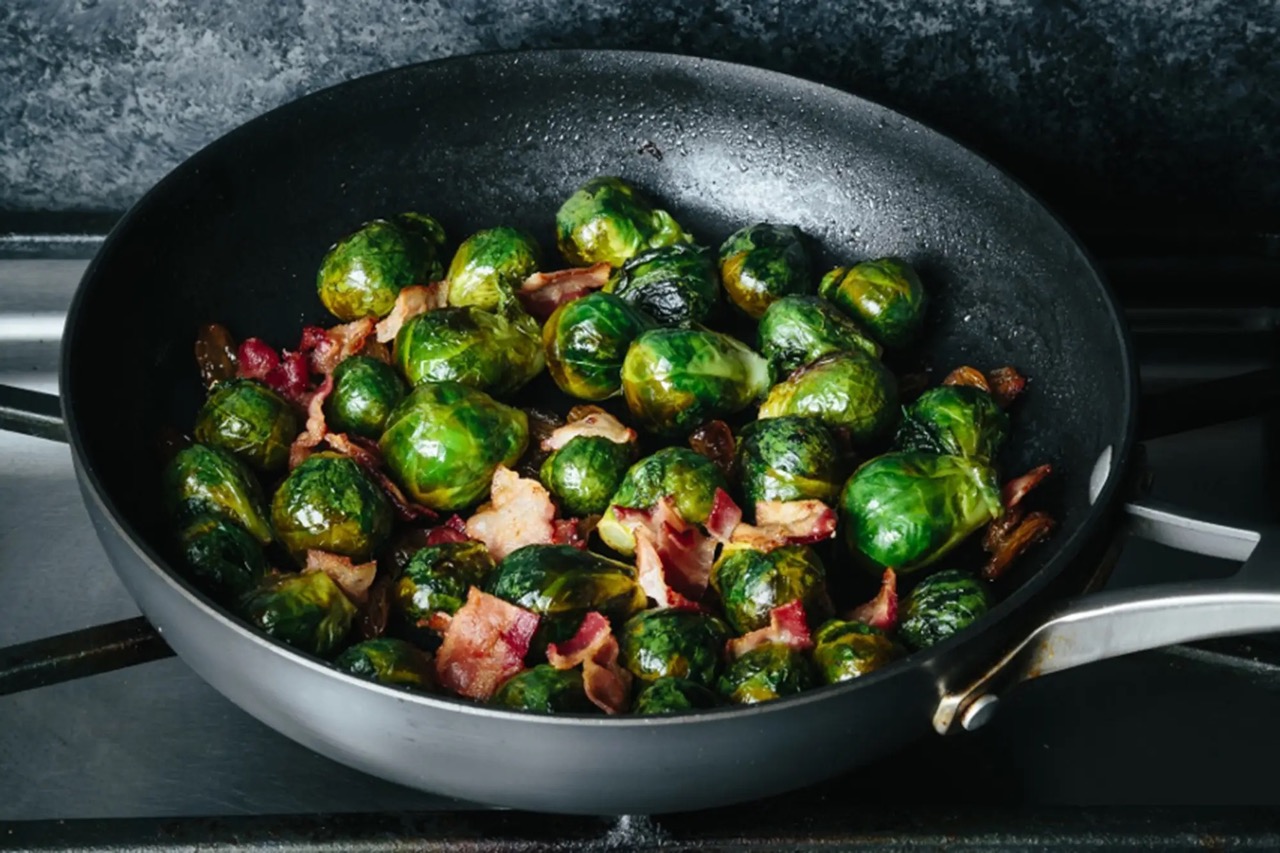

0 thoughts on “How To Store Brussel Sprouts”